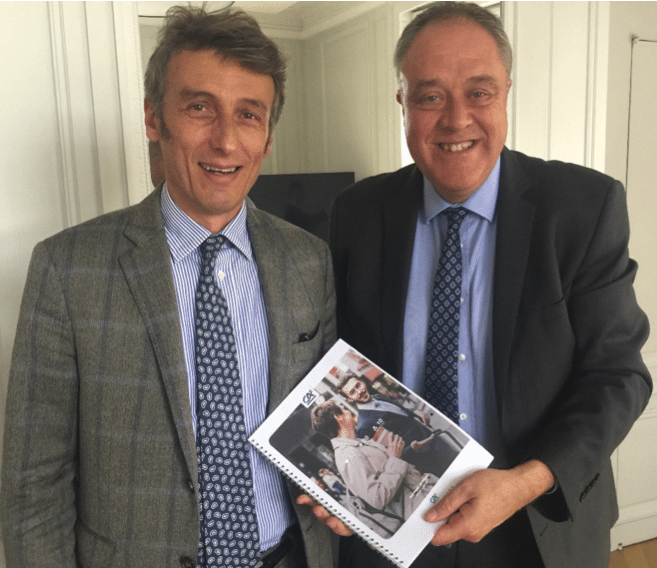One of the biggest companies of its type has chosen to join the global movement to change the way companies report, to shift to long-term thinking and to connection between the business and the wider world in which it operates.
The business is a co-operative, it is one of France’s top three banks and that global movement is ‘integrated reporting’ or <IR>.
Grown from an initial 150 pilot companies across the world to now 1,500 businesses who produce integrated reports, the <IR> movement has perhaps understandably been associated with big household name multinationals such as BASF, HSBC, Hitachi, Marks & Spencer, Merck, PepsiCo and Unilever.
However, the latest move underlines how <IR> really isn’t the preserve of any one section of the economy, but the future of corporate reporting for companies large and small, public and private – and now undeniably for co-operatives and mutual, too.
Sometimes called the “Green Bank” because of its history as a co-operative bank for local farmers in the different regions of France, Crédit Agricole has gone on its own journey which now sees it listed among the top 40 firms on the French Stock Exchange and where its employees form a minority of its shareholders.
That ‘journey’ is now extended to the adoption of integrated reporting, proving that the investor focus of <IR> is entirely compatible for a company with an enhanced obligation towards the interest of its own employees.
Not only does this clearly demonstrate that good stakeholder relations are of benefit to the long-term success of the company, but Crédit Agricole told me that its own employees had found the new clarity of the ‘story’ in its first integrated report had helped them to better understand their own contribution to the bank’s success.
At just 42 pages, the document clearly demonstrates how the conciseness of an integrated report can tell a much fuller story than the 300 page-plus ‘telephone directory’ reports which it replaces.
Indeed, the fact that it merges the former separate annual and sustainability reports demonstrates that the <IR> approach can both cut cost while improving the materiality of the reporting.

To allay any fears from those who put environmental concerns first, the report clearly addresses how the bank finances the transition to a low carbon economy and how it contributes to the UN Sustainable Development Goals.
But true to the philosophy of integrated reporting, it demonstrates the sincerity of its commitment, by showing how it is part of its core business strategy and drives value creation for the business itself.
Crédit Agricole is not the first co-operative bank to adopt integrated reporting. Vancity in Canada, Cassa Rurale Treviglio in Italy, Sweden’s Ekobanken, Bank Australia and Spain’s Banco de Credito Cooperativo have all gone before it. One in seven of all co-operative banks undertake integrated reporting, according to a University of Valencia study.
But this month’s launch is the most prominent co-operative business to become part of the <IR> global coalition, not just with its 27 million customers in France, but representing Europe’s largest asset manager and has a presence in no less than 52 countries worldwide.
It is an invitation to every co-operative and mutual business across the world – big and small – to consider making their own journey towards integrated reporting.
As a co-operative, Crédit Agricole is proud to claim the value it creates is shared fairly and sustainably with customers, members, shareholders, employees and partners.
Its adoption of integrated reporting is a key to ensuring even greater value to be shared by all.

